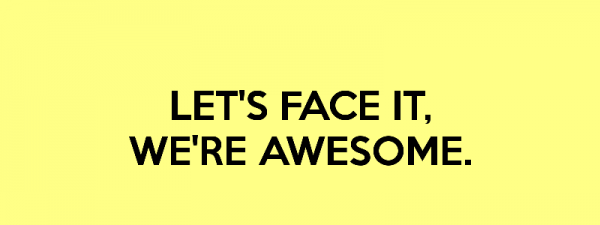Making HR better. One HR pro at a time.
-

5 Secrets for How to Be a Great Place to Work
One of the annual occurrences here in North Alabama is the “best place to work” competition. It’s a regular staple for HR leaders and employers to try and prove they are, well, one of the best places to work. One of the firms that I know fairly well has actually won the contest multiple times,…
-
We’re Only Human 58: Open Sourcing the Recruiting Playbook from Northwestern Mutual
What if you had a way to continuously research and qualify candidates, creating a never-ending pipeline of interested individuals ready to take the jobs your company is hiring for? That’s the vision of Paul Shane, a talent acquisition and onboarding leader from Northwestern Mutual. In this interview, Paul opens the sourcing and recruiting playbook at…
-
5 Effective Ways for Smaller Firms to Attract Skilled Employees
When you’re managing a small business, it can seem challenging to obtain and retain skilled talent. This is especially true because of the competition from larger companies. After all, these companies might be able to offer higher pay and more benefits than a new business or startup. However, since small businesses make up 99.7% of…
-
We’re Only Human 57: Prioritizing D&I at Online Gaming Firm NCSOFT
Many HR leaders are guilty of being overloaded and failing to keep tabs on the external environment outside the business. They may be buttoned up on the inside, but forces and factors outside the walls of the firm can also impact how the organization functions (or not). In this episode, Ben brings in conversations from…
-
How HR Management for a Business Can Be Improved
Human resource management is crucial to any business in order to maximize one of its main assets: Its people. In many ways HR management is one of the cornerstones of a good business. With good HR management it is possible to not only improve engagement, efficiency, and performance levels, but also resolve workplace issues –…
-

Alabama’s New Equal Pay Act: What You Need to Know
Last week I posted this to my personal Facebook page, but I think it will be relevant to many of the people here as well because other states are adding these on a regular basis (California, Delaware, Atlanta GA, Hawaii, Illinois, and more!) The equal pay portion is important, but the more immediate impact will…
-

So you want to speak at HR conferences? Advice for the journey
One of the key parts of what I do in my job is speaking. Webinars. Conferences. Seminars. I’ll talk to pretty much anyone about anything related to HR. And I LOVE it. This is pretty funny for anyone that knows me well, because I’m fairly shy and introverted. If I show up to the pre-conference…
Looking for my books or other work?